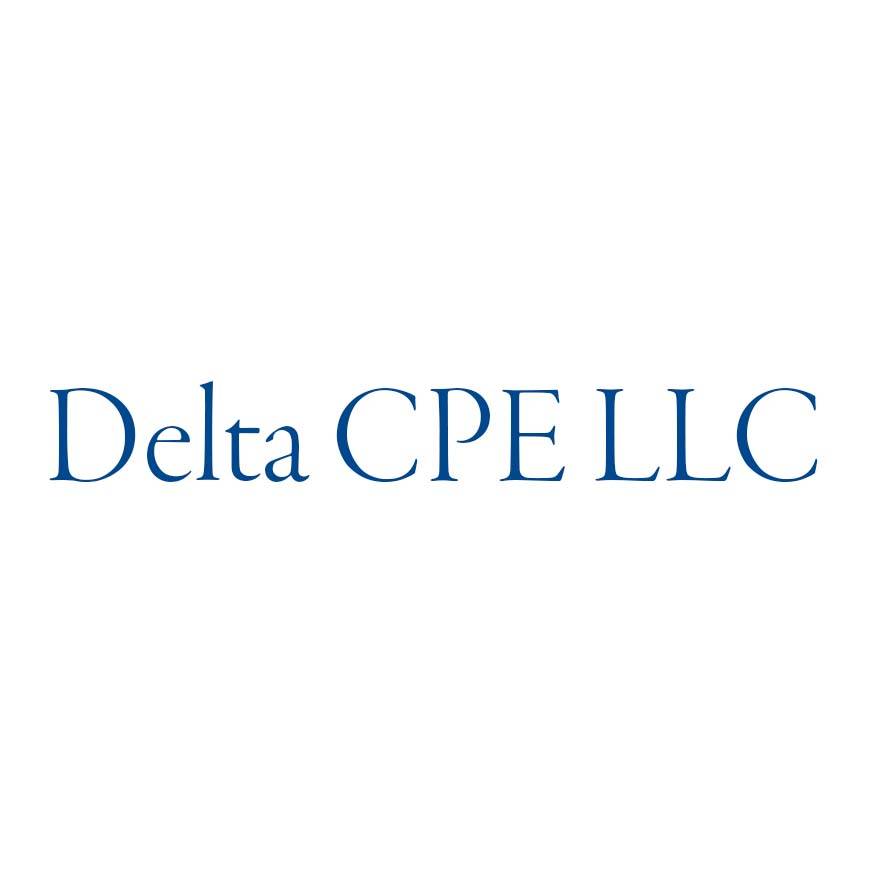Self-Study
Accounting Tools and Metrics for the CFO
Tools for financial reporting, investment evaluation, and advanced accounting concepts like the Balanced Scorecard and XBRL.

$384.00 – $424.00
Webcasts are available for viewing Monday – Saturday, 8am – 8pm ET.
Without FlexCast, you must start with enough time to finish. (1 Hr/Credit)
Please fill out the form below and we will reach out as soon as possible.
CPE Credits
16 Credits: Finance
Course Level
Basic
Format
Self-Study
Course Description
Before enrolling in this online self-study CFO CPE course, you might find yourself overwhelmed by the complexities of financial reporting, budgeting, and investment analysis. This accounting CPE course for CFOs serves as a bridge to that gap, leading you to a world where these complexities become clear and manageable. After completing this CFO CPE, you will transition from uncertainty to confidence in various areas of finance and accounting. You’ll go from questioning how to analyze financial statements to mastering the art of financial analysis, and from uncertainty about capital budgeting to confidently evaluating business investments. This course covers a wide range of topics, from the basics of financial reporting to advanced concepts like the Balanced Scorecard and XBRL, ensuring a comprehensive understanding of the most crucial aspects of modern accounting and finance. It’s tailored to provide you with the knowledge and skills necessary to navigate the ever-evolving landscape of business finance and accounting.
Learning Objectives
Upon successful completion of this course, participants will be able to:
Chapter 1
- Identify the objectives of financial reporting and the key elements contained within different financial statements.
- Recognize the purpose and content of the statement of cash flows.
- Identify key sections contained with the annual report.
- Recognize issues addressed by the Sarbanes-Oxley (SOX) act and the groups impacted by it.
Chapter 2
- Recognize key financial ratios and how they can be used.
- Calculate the value for different financial ratios.
- Recognize the relationship between margin and turnover.
- Compute ROI and recognize how it can be improved.
Chapter 3
- Recognize the concept of Economic Value Added (EVA) and how it can be improved.
- Recognize major elements of budgeting process.
- Identify different attributes and uses of variance analysis as a control device.
- Recognize how accounting systems work, including activity-based costing, life-cycle costing and target costing.
- Recognize the value of a balanced scorecard approach.
Chapter 4
- Recognize the value of cost-volume-profit (CVP) analysis in solving business problems.
- Identify some applications of present (discounting) and future (compound) values.
Chapter 5
- Recognize the uses of capital budgeting
- Identify the different techniques used to evaluate business investments an their applications.
Chapter 6
- Recognize key elements that affect working capital and cash management.
- Identify how different investment criteria affect managing assets, such as expected returns, risk and diversification.
- Recognize the Capital Asset Pricing Model (CAPM) and the Arbitrage Pricing Model (APM).
Chapter 7
- Identify the process of investment banking.
- Recognize issues for venture capital financing.
- Recognize examples of types of long-term debt and their usefulness.
- Identify examples of equity securities.
Chapter 8
- Recognize the components of a forecast and what it predicts.
- Identify various forecasting methods
Chapter 9
- Identify components of an accounting information system.
- Recognize the purpose of extensible business reporting language (XBRL).
- Identify the impact of the emerging technologies on the accounting processes.
Course Specifics
3208046
March 10, 2023
There are no prerequisites
None
440
Compliance Information
CMA Notice: Western CPE makes every attempt to maintain our CMA CPE library, to ensure a course meets your continuing education requirements please visit Insitute of Management Accountants (IMA)
CFP Notice: Not all courses that qualify for CFP® credit are registered by Western CPE. If a course does not have a CFP registration number in the compliance section, the continuing education will need to be individually reported with the CFP Board. For more information on the reporting process, required documentation, processing fee, etc., contact the CFP Board. CFP Professionals must take each course in it’s entirety, the CFP Board DOES NOT accept partial credits for courses.
Meet The Experts

For many years, Delta CPE LLC has offered a wide variety of continuing education courses for financial professionals. Topics covered by Delta’s courses include accounting, financial management, budgeting, investments, financial statement reporting, business management, IFRS, ethics, valuations, real estate, and business writing. The diversity and breadth of Delta’s course offerings make the company a prolific and unique contributor to the CPE world. Delta’s well-credentialed authors and contributors have also been published in numerous academic and professional journals and quoted by some of the leading financial media outlets.
Related Courses
-
 Finance
Finance
The CFO Guidebook
Steven M. Bragg, CPA QAS Self-Study
Credits: 22 $440.00
QAS Self-Study
Credits: 22 $440.00$440.00 – $480.00
-
 Finance
Finance
Personal Financial Planning for Accountants
Delta CPE LLC QAS Self-Study
Credits: 17 $391.00
QAS Self-Study
Credits: 17 $391.00$391.00 – $431.00
-
 Finance
Finance
Real Estate Financing and Investment
Delta CPE LLC QAS Self-Study
Credits: 4 $116.00
QAS Self-Study
Credits: 4 $116.00$116.00 – $136.00
